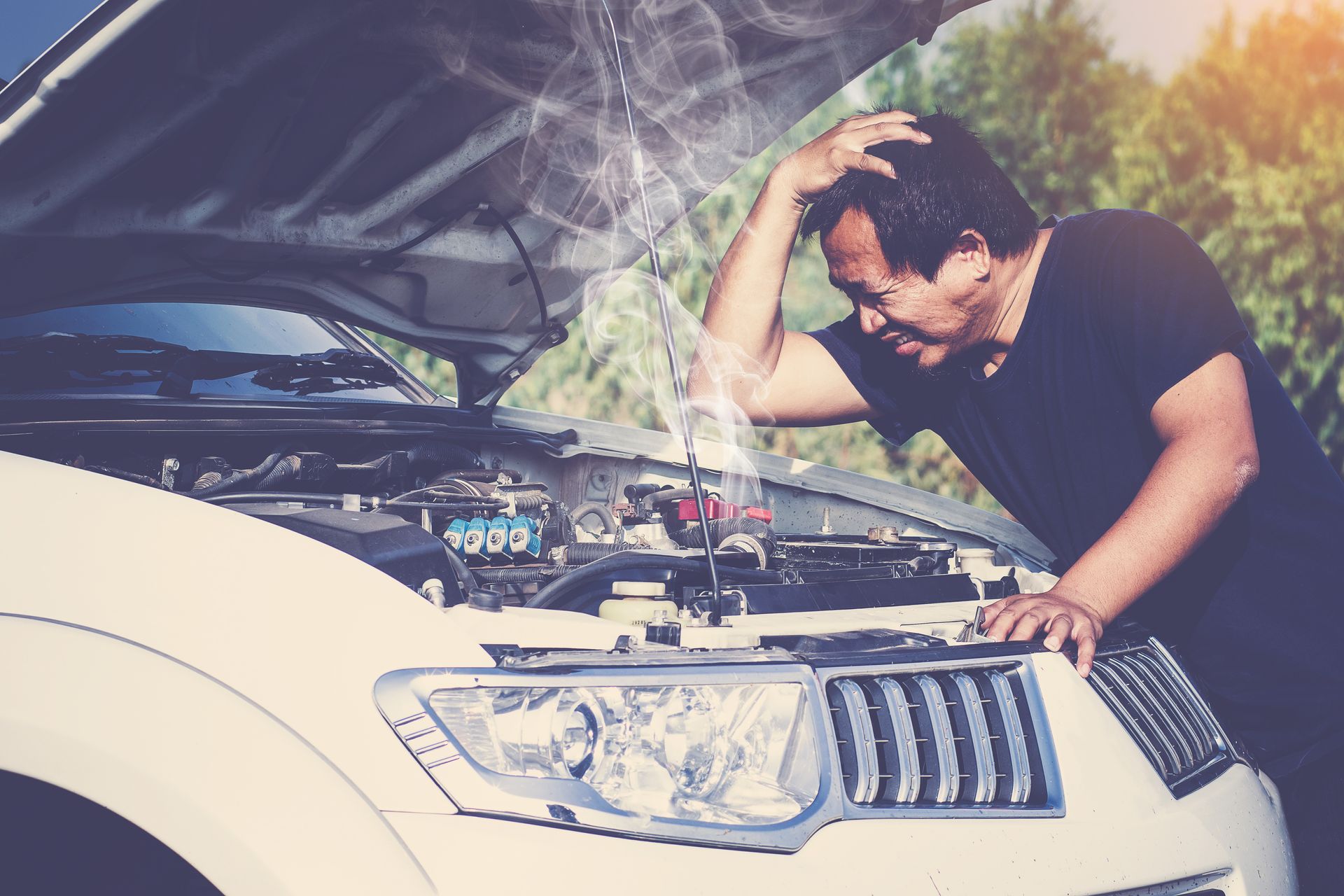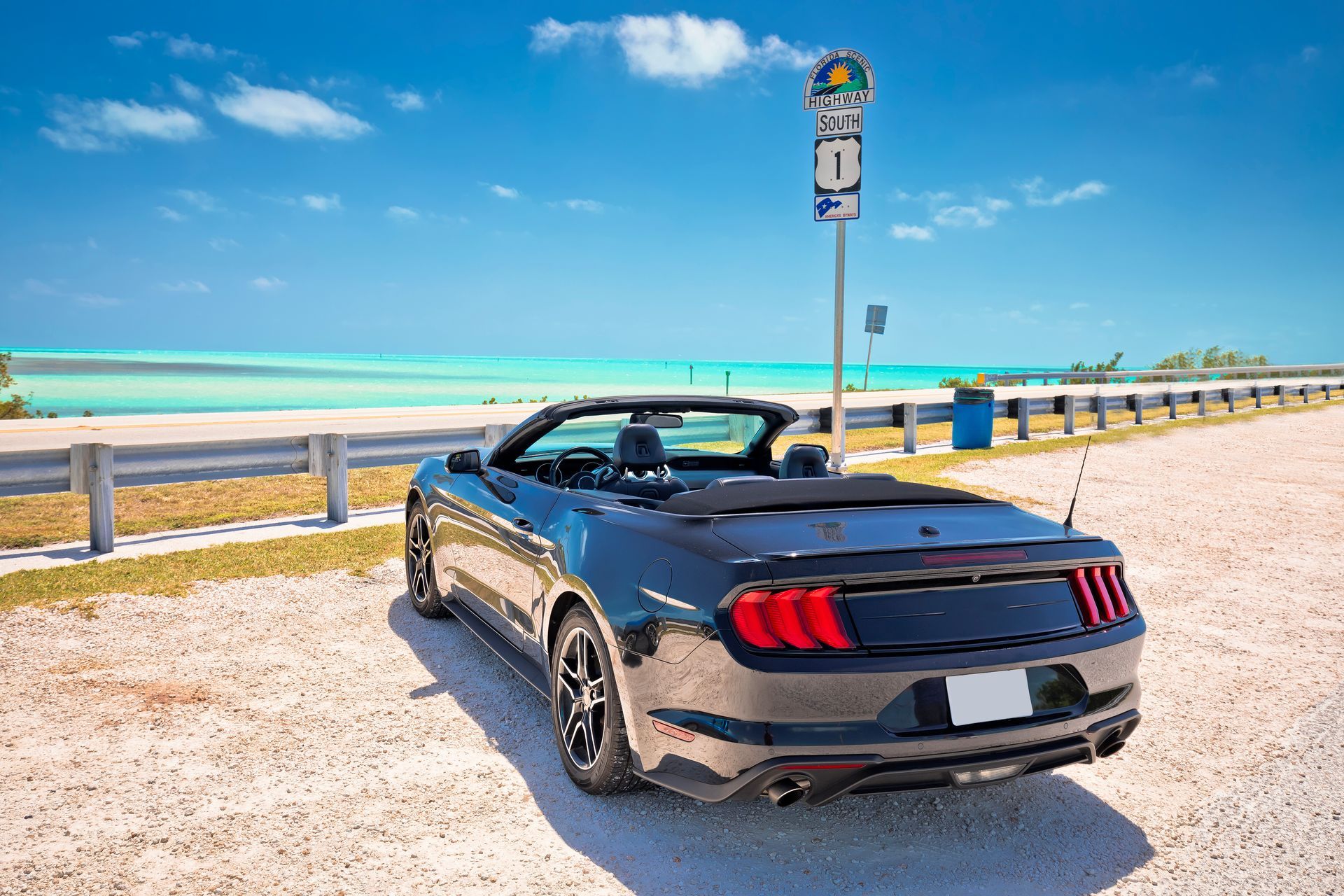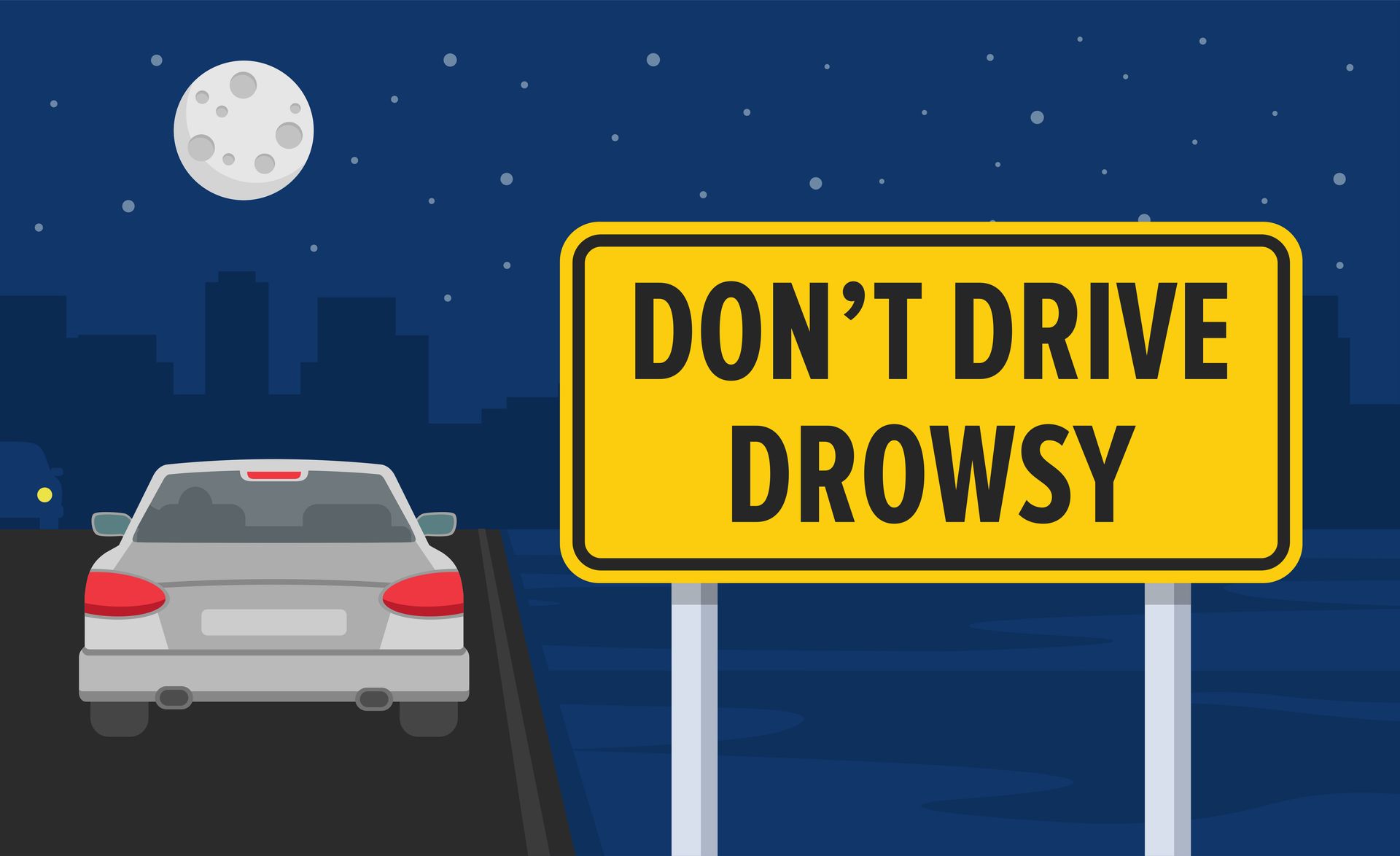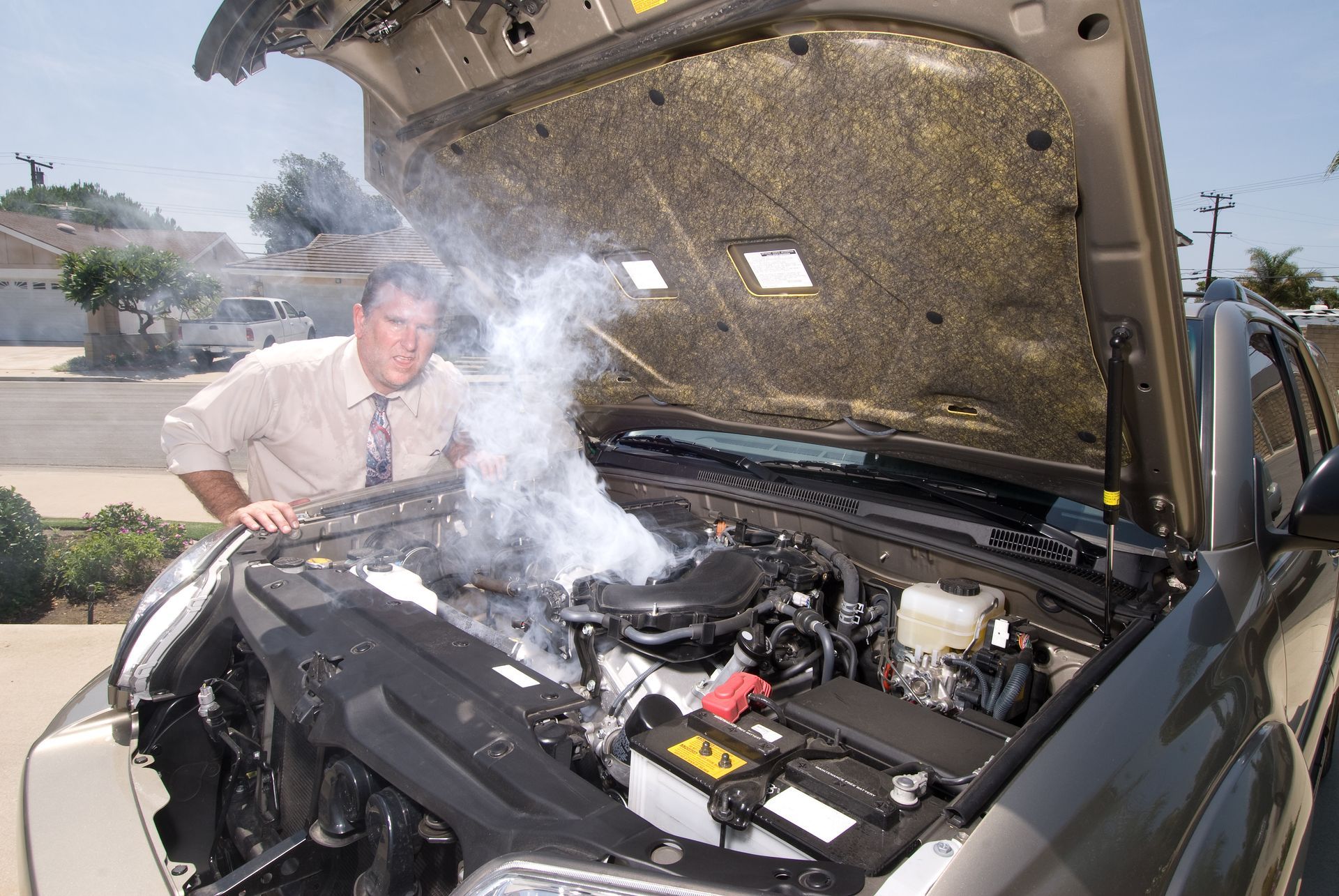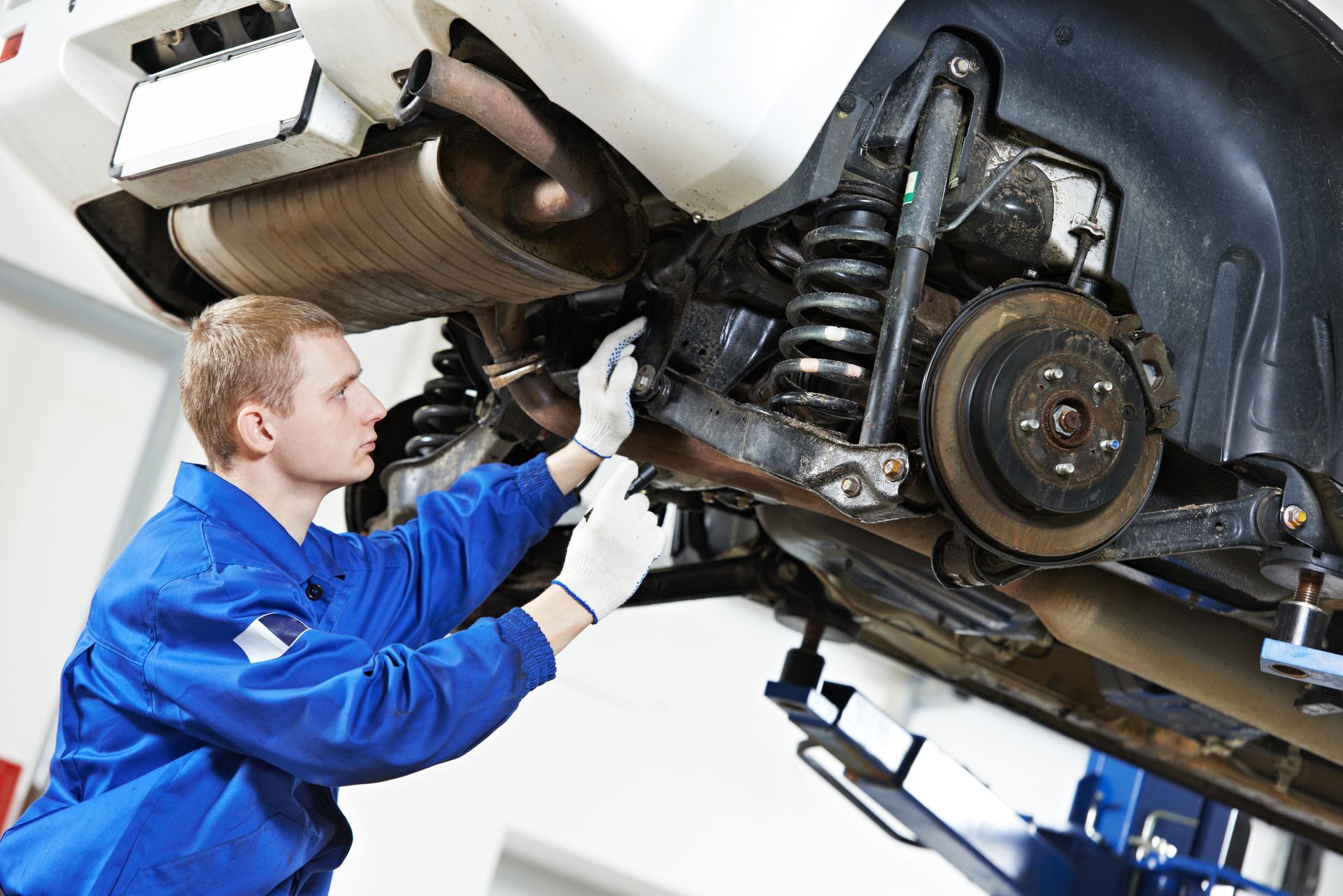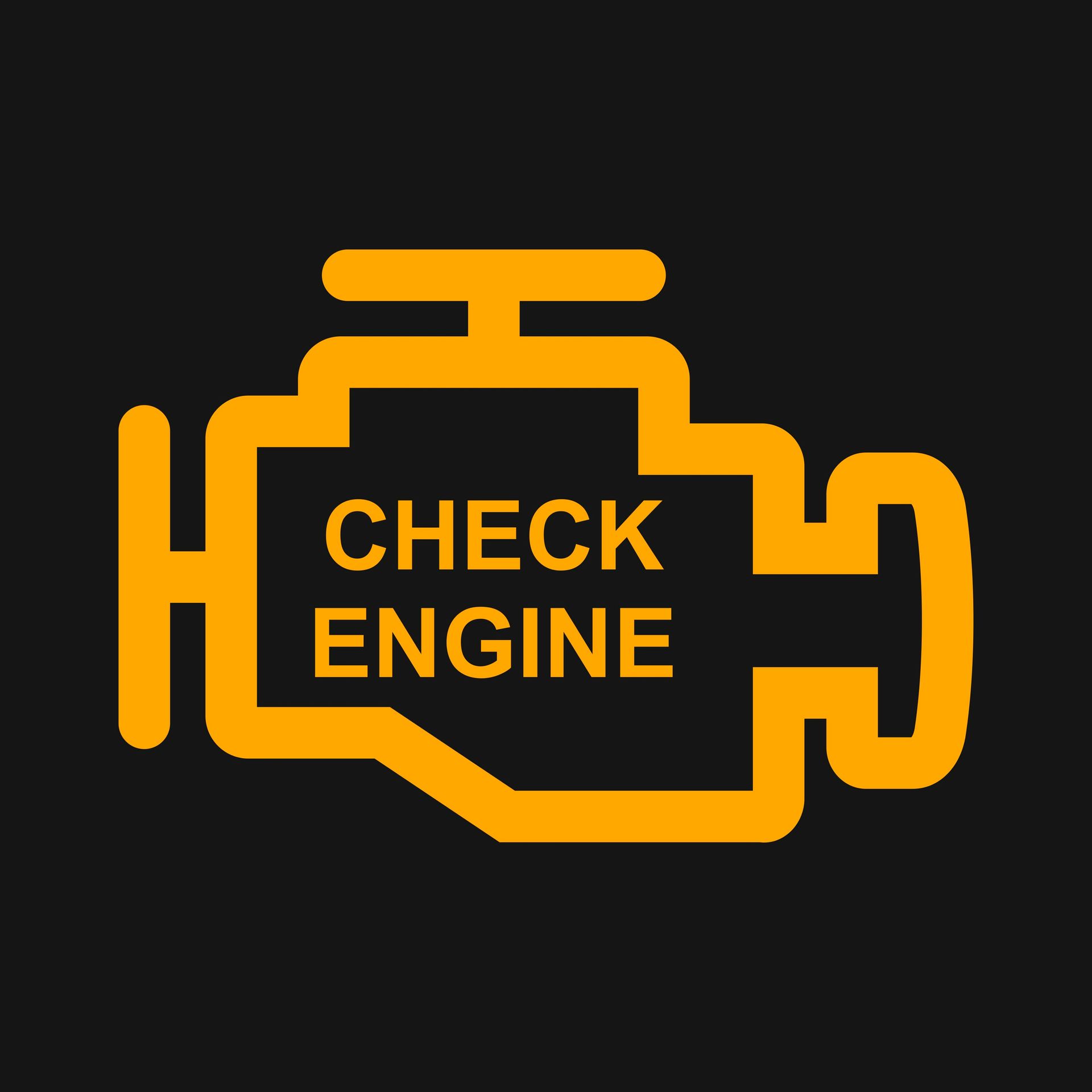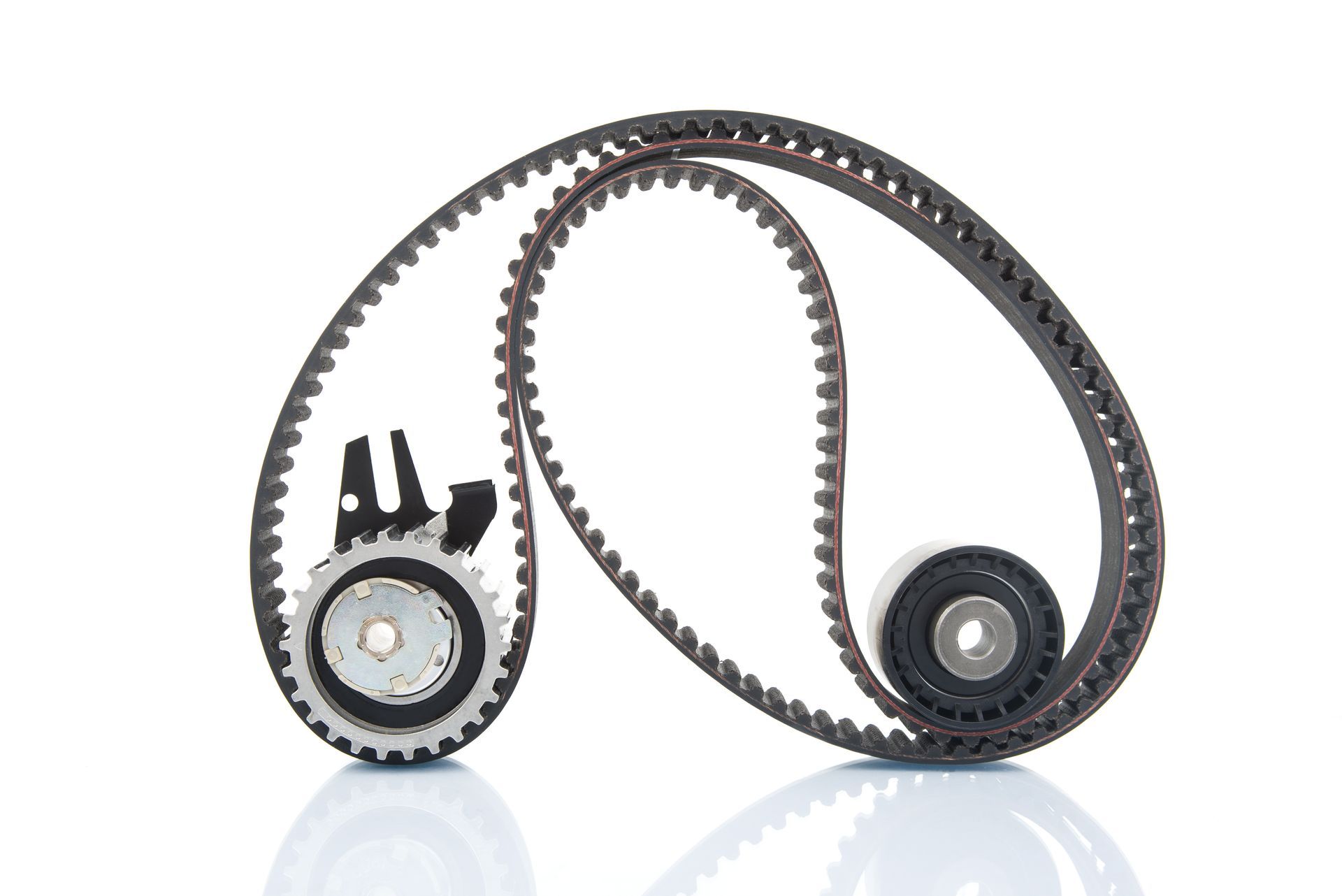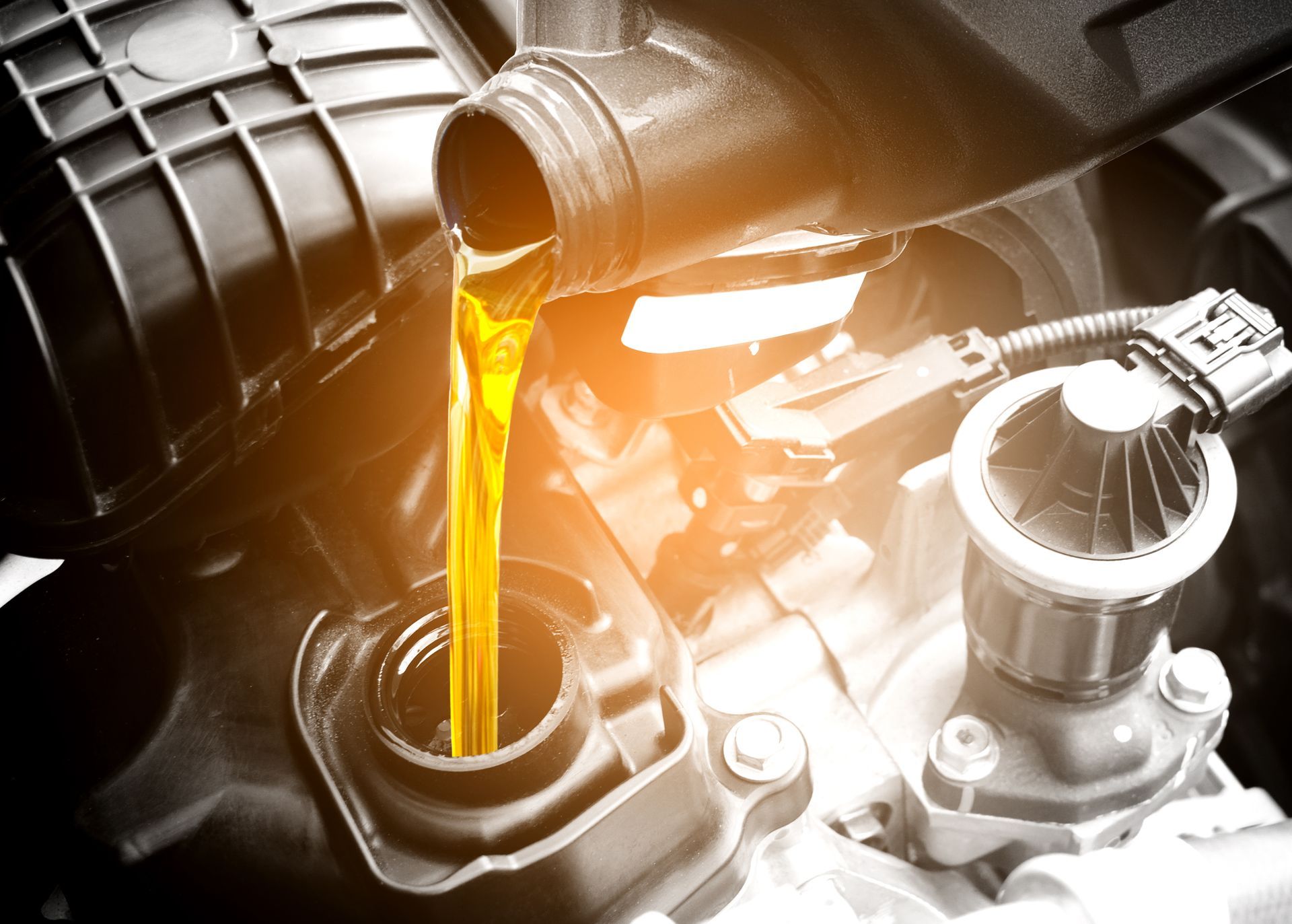Your car's brake system is crucial for safety on the road. Brake pads play a vital role in bringing your vehicle to a stop. But just like any part of your car, they don’t last forever. So, how often should you replace your brake pads? The answer isn’t as straightforward as you might think. Several factors, from driving habits to the type of brake pads you use, determine when a replacement is necessary. We have prepared everything you need to know about the lifespan of your brake pads and how to recognize the signs they need replacing.
The Average Lifespan of Brake Pads
In general, brake pads should last between 25,000 to 70,000 miles. Yes, that’s a broad range, but several factors influence their lifespan. For instance, if you do a lot of city driving, you’ll likely need to replace your brake pads more often than someone who mostly drives on highways. Why? City driving involves more stop-and-go traffic, which wears down your brake pads faster. Meanwhile, highway driving requires less frequent braking, allowing your pads to last longer.
Factors That Affect Brake Pad Wear
There’s no one-size-fits-all answer to how often you should replace your brake pads because their wear depends on multiple factors:
Driving Habits
Do you tend to brake hard or ride your brakes downhill? These habits can wear out your brake pads much faster. Gentle braking can help extend their life, while aggressive braking shortens it.
Type of Brake Pads
Not all brake pads are created equal. Some are designed to last longer than others. For example, ceramic brake pads tend to last longer than organic pads, but they’re also more expensive. Semi-metallic brake pads, on the other hand, offer a good balance of cost and durability but may not last as long as ceramics.
Vehicle Weight
Larger, heavier vehicles put more stress on brake pads than smaller cars. If you drive an SUV or truck, expect your brake pads to wear down faster than they would on a compact car.
Environment
If you live in an area with lots of hills or frequent stop-and-go traffic, your brake pads will wear out faster. Flat highways are much easier on your brakes, allowing them to last longer.
Signs It’s Time to Replace Your Brake Pads
Even if you don’t keep track of your mileage, your car will give you signals when it’s time to replace the brake pads. Here are some common signs:
Squealing or Screeching Noises
Most brake pads have built-in wear indicators that make a high-pitched squeal when it’s time to replace them. If you hear this noise consistently while braking, it’s a clear sign that your brake pads are worn out.
Grinding Sound
A grinding noise could indicate that the brake pads are completely worn down and the metal backing is making contact with the rotor. At this point, you’re likely causing damage to your braking system, and you should get them replaced immediately.
Reduced Brake Performance
If your car takes longer to stop than usual or the brake pedal feels softer when you press it, your brake pads may be worn down.
Vibration in the Brake Pedal
A vibrating brake pedal when you apply pressure could be a sign of warped rotors, which can happen if worn brake pads cause heat buildup. This usually means you need to replace both the pads and the rotors.
Regular Inspections Can Help
Even if you don’t notice any signs of wear, it’s a good idea to have your brakes inspected regularly. During a routine service, a technician can measure the thickness of your brake pads and let you know if they need replacing. For most drivers, getting your brake pads checked every 10,000 to 15,000 miles is a smart move, but it can vary depending on your driving conditions and habits.
When in Doubt, Don’t Wait
If you’re ever unsure about the condition of your brake pads, it’s always better to err on the side of caution. Worn-out brake pads can severely impact your stopping power, putting you and others at risk on the road. Replacing brake pads is a relatively inexpensive maintenance task compared to the cost of repairing damage from an accident or replacing rotors that worn pads have damaged.
Don’t wait for a grinding noise to remind you—it might be too late! Visit
Triple J Automotive for a quick brake pad inspection and stay safe on the road.


